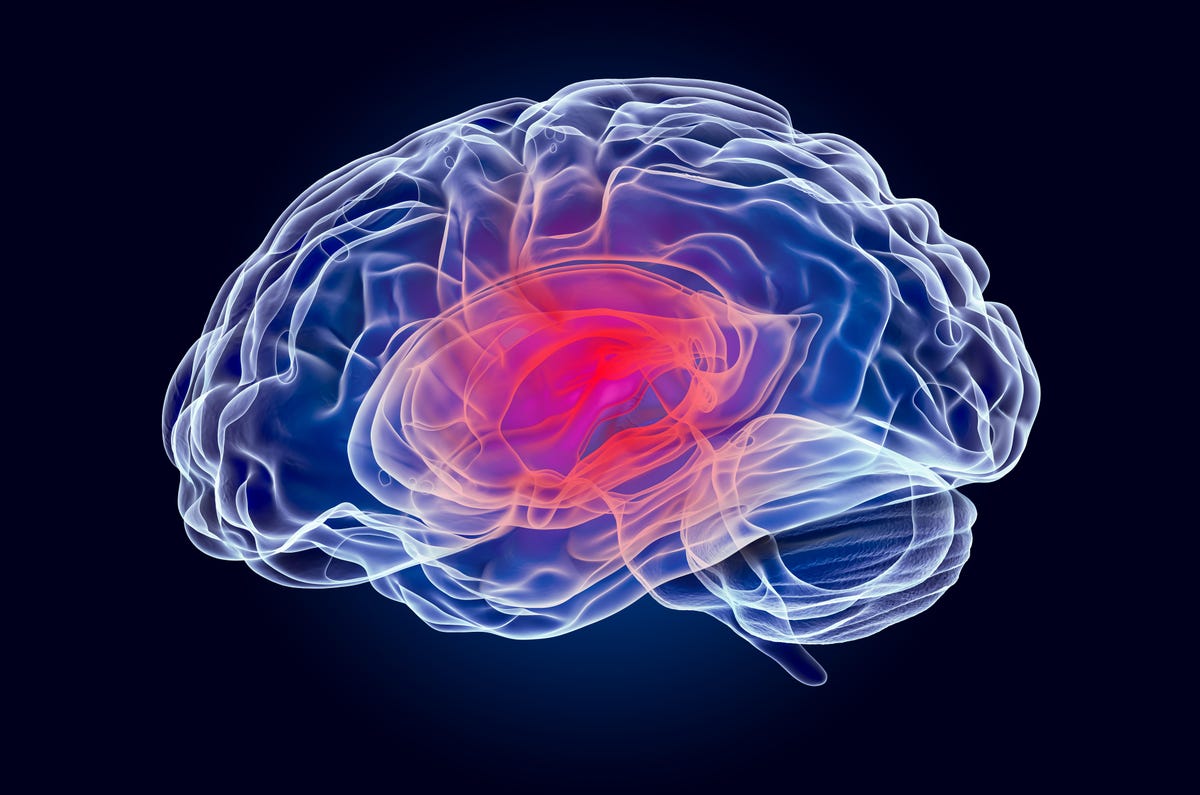Covid-19 can have long-time impacts on the brain: Study
Tue 05 Apr 2022, 12:52:41

New Orleans: Researchers have found that subjects infected with the SARS-CoV-2 virus displayed signs of severe brain inflammation and injury consistent with a reduction in blood or oxygen flow into the brain, neuron damage and small areas of bleeding.
Researchers at Tulane University have explained how COVID-19 affects the central nervous system of human beings. The findings are the first comprehensive assessment of neuropathology associated with SARS-
CoV-2 infection in a nonhuman primate model.
The findings of the research were published in the journal, ‘Nature Communications’.
Surprisingly, these findings were present in subjects that did not experience severe respiratory disease from the virus.
Tracy Fischer, PhD, lead investigator and associate professor of microbiology and immunology at the Tulane National Primate Research Center, has been studying brains for decades. Soon after the primate centre launched its COVID-19 pilot program in the spring of 2020, she began studying the brain tissue of several subjects that had been infected.
Fischer’s initial findings have documented that the extent of damage seen in the brain due to SARS-CoV-2
infection was so striking that she spent the next year further refining the study controls to ensure that the results were clearly attributable to the infection.
infection was so striking that she spent the next year further refining the study controls to ensure that the results were clearly attributable to the infection.
“Because the subjects didn’t experience significant respiratory symptoms, no one expected them to have the severity of disease that we found in the brain,” Fischer said.
“But the findings were distinct and profound, and undeniably a result of the infection,” he added.
The findings were also consistent with autopsy studies of people who have died of COVID-19, suggesting that nonhuman primates may serve as an appropriate model, or proxy, for how humans experience the disease.
Neurological complications are often among the first symptoms of SARS-CoV-2 infection and can be the most severe and persistent. They also affect people indiscriminately — all ages, with and without comorbidities, and with varying degrees of disease severity.
Fischer hoped that this and future studies that investigate how SARS-CoV-2 affects the brain will contribute to the understanding and treatment of patients suffering from the neurological consequences of COVID-19 and long COVID.
No Comments For This Post, Be first to write a Comment.
Most viewed from Health
AIMIM News
Latest Urdu News
Most Viewed
May 26, 2020
Do you think Canada-India relations will improve under New PM Mark Carney?
Latest Videos View All
Like Us
Home
About Us
Advertise With Us
All Polls
Epaper Archives
Privacy Policy
Contact Us
Download Etemaad App
© 2025 Etemaad Daily News, All Rights Reserved.






























